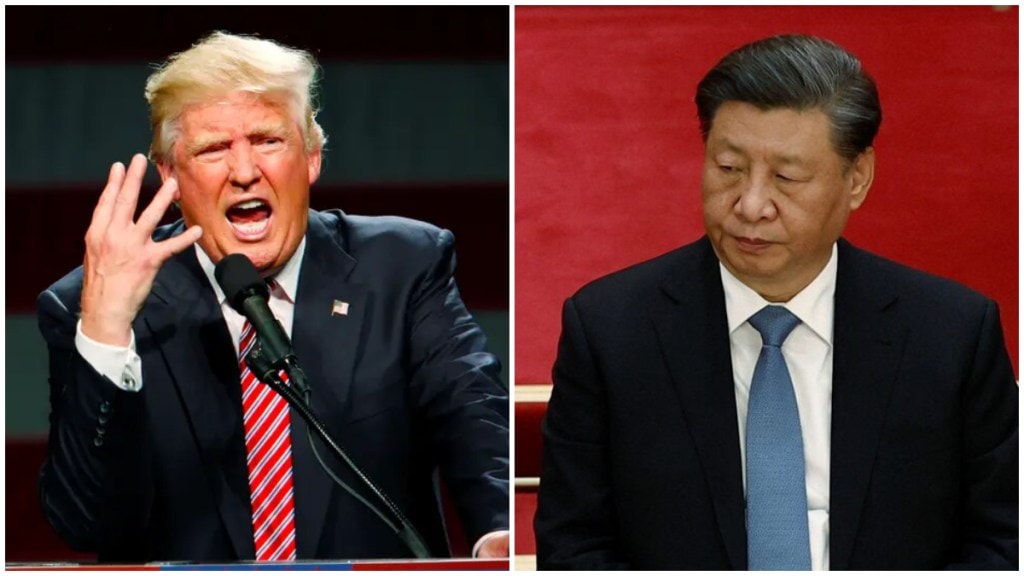After the US and China reached an agreement in Geneva to reduce high tariffs, a new dispute has emerged, this time over critical minerals and technology. What’s worth noting here, is that Beijing now appears to have an edge, a Bloomberg report said. Trump on Friday had accused China of not keeping its promise, especially around lifting restrictions on rare earth exports, which are essential for advanced electronics and defense technologies.
Focus on Rare Earth Metals and Chips
Rare earth minerals are at the center of the dispute. The US says China has not sped up shipments of these important materials. In return, the US is tightening its controls on technology going to China. This includes blocking key jet engine parts, limiting access to chip-design software, and imposing fresh rules on companies like Huawei, Bloomberg reported.
The White House says it is closely watching China’s actions and is working to bring critical supply chains, like those used to make magnets, back to the US. The White House says that President Trump will likely speak directly with President Xi Jinping as soon as this week.
Beijing Pushes Back
China has pushed back strongly, blaming the US for undermining the Geneva agreement. China already produces around 70% of the world’s rare earths, used in everything from fighter jets to smartphones. US officials admit that finding replacements for Chinese minerals could take years.
China’s export process for rare earths involves a difficult permit system. The paperwork is slow and unclear, causing delays. Some US companies, like Ford, have even shut down factories due to shortages. The American Chamber of Commerce in China says some permits are now being approved—but too slowly for industry needs.
Impact on India
This issue is affecting other countries too. India’s top electric scooter maker says production could stop if China doesn’t restart shipments soon. Over 30 applications to export minerals to India are still waiting for approval. This global squeeze could hurt American industries even more if China also limits rare earth supplies to US allies like Japan and South Korea, the Bloomberg report said.
The fight over minerals is seen as the next big issue in US-China relations. In the past, China has already restricted exports of gallium and germanium, metals used in making chips, in response to US chip controls.
The US is trying to build its own rare earth supply chain for defense use by 2027. But progress is slow. There are few trained workers, limited natural resources, and not many companies willing to operate with low profit margins.
Limited US Options
Despite knowing the risks, the US has yet to find a large-scale solution. Trump’s team is not backing down and is continuing to expand export controls. To catch up, the US is turning to foreign partners. MP Materials, the only US rare earth producer, signed a deal with Saudi Arabia. In fact, cooperation with Australia is also being explored.
China still has more tools it could use. So far, it has only restricted certain types of rare earths—mainly those used in defense. If it expands these restrictions to consumer-focused minerals, the impact could be even worse, the Bloomberg report said.
For now, China seems to be using rare earth controls as a warning,but that could change if tensions grow worse.

